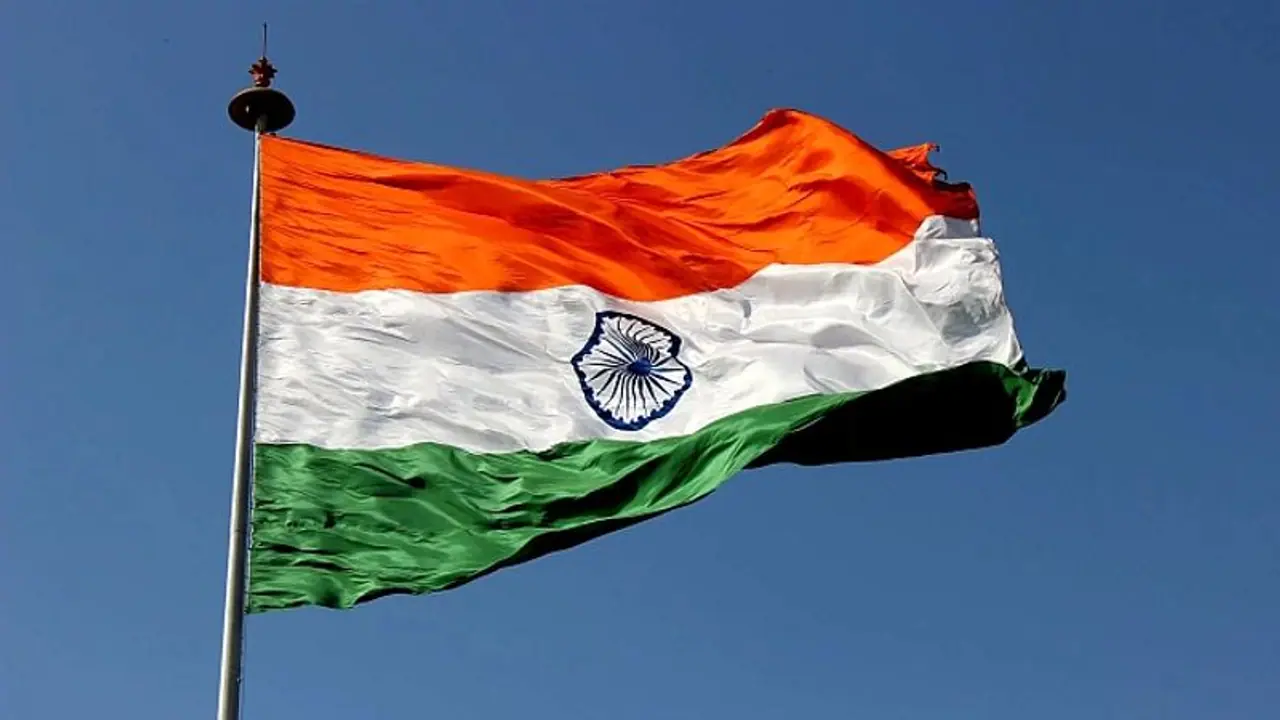Opposition parties have termed the process as 'infringement of the country's federal structure'.
With scores of states government opposing the Centre's proposed changes to the assignment rules of Indian Administrative Service officers, the controversy has blown up worrying proportions for the Centre. Opposition parties have termed the process as 'infringement of the country's federal structure'.

Several chief ministers have shot off letters and urged the Union government to drop the idea else it would lead to creating 'fear psychosis' among the civil servants. The chief ministers who have written letters to Prime Minister Narendra Modi so far include West Bengal’s Mamata Banerjee, Kerala’s Pinarayi Vijayan, Jharkhand's Hemant Soren, Tamil Nadu’s MK Stalin and Maharashtra’s Uddhav Thackeray.
Among the Congress-ruled states, Rajasthan's Ashok Gehlot and Chhattisgarh's Bhupesh Baghel have written to the Prime Minister, requesting him to rethink the move.
What is the controversy about?
The Narendra Modi-led government has come up with a plan to amend the IAS (Cadre) Rules, 1954. The Union government's move would bypass state governments' reservations over IAS officers' posting on central deputation. The government had reasoned that the IAS officers cannot always be posted in states as it would not be beneficial for both the services and the officers.
On numerous occasions, the Department of Personnel and Training, which manages the IAS officers' cadres, has written to state governments, stating that the states are not sponsoring an adequate number of officers for central deputation. The DoPT claims that the number of officers is insufficient to meet the requirement at the Centre.
For making officers available for central deputation, the DoPT wrote two letters in December last year. On January 12, the DoPT wrote to state and Union Territories chief secretaries about proposals to amend Rule 6 (deputation of cadre officers) of the Indian Administrative Service (Cadre) Rules 1954.
January 25 is the last date for the states to give their response on the matter. A reminder will also be sent to those states who have not responded to the letter. Then, the government would notify the rules and publish them in the Gazette of India.
Which states are opposing the amendment?
So far seven states, including West Bengal, Kerala, Tamil Nadu, Jharkhand, Maharashtra, Rajasthan and Chhattisgarh while five states -- Uttar Pradesh, Punjab, Uttarakhand, Goa and Manipur -- have gone into election mode.
Why are these chief ministers objecting to the move?
West Bengal Chief Minister Mamata Banerjee had written twice to the prime minister and asked him to scrap the move. She also accused the Union government of dismantling the federal polity of the country. In her communication to PM Modi, she had termed the revised amendment proposal as more draconian than the former and stated that its very grain was against the basic structure of India's Constitution.
Identifying the lacunae in the draft amendment proposal, the West Bengal chief minister, who had strained ties with the incumbent Union government, said that as per the proposal an officer, whom the central government may identify to be taken out of a state to any other part of the country without taking the officer's consent and that of the state government under whom he or she is serving, may now stand released from the current assignment forthwith.
Stating the current deputation rules are already in favour of the central government, Chief Minister Pinarayi Vijayan said the move would induce fear among the officers.
The Kerala Chief Minister said that the amendments would surely induce a fear psychosis and attitude of hesitancy among All India Service officers while implementing policies of state governments that are politically opposed by the ruling party at the Centre.
Seeking that the draft amendment is buried right away, Jharkhand Chief Minister Hemant Soren said that the proposals promoted unilateralism rather than 'cooperative federalism.
Tamil Nadu Chief Minister MK Stalin requested in his letter, 'I would like to highlight the fact that many of the state governments are also woefully short of officers at specific seniorities, primarily due to the wrong cadre management policies followed by the union government.'
What are the existing rules?
The states have to send the AIS officers, including the Indian Police Service (IPS) officers, to the Union government offices. It should not be over 40 per cent of the total cadre strength at any point in time.
Currently, Uttar Pradesh has a strength of over 500 IAS officers but only 32 of them have been deputed by the Union government. West Bengal has 280 IAS officers but only 11 are deployed with the Centre. Similarly, Bihar has 208 officers but only 32 are on central deputation whereas 28 out of the 167 IAS officers of the Assam-Meghalaya cadre are deputed at the Centre.
Were the rules changed earlier?
Last year, in order to fill the gap, the DoPT had made it mandatory for IAS officers from the 2007 batch onwards to necessarily serve for two years in central deputation within 16 years of their service. Then only they can be empanelled for a joint secretary rank in the future.
Also Read: 'Abide with Me' has colonial past, 'Aye Mere Watan Ke Logon' has far wider connect: Sources
Also Read: Explained: Why Indonesia will build whole new capital called Nusantara to replace ‘sinking' Jakarta
